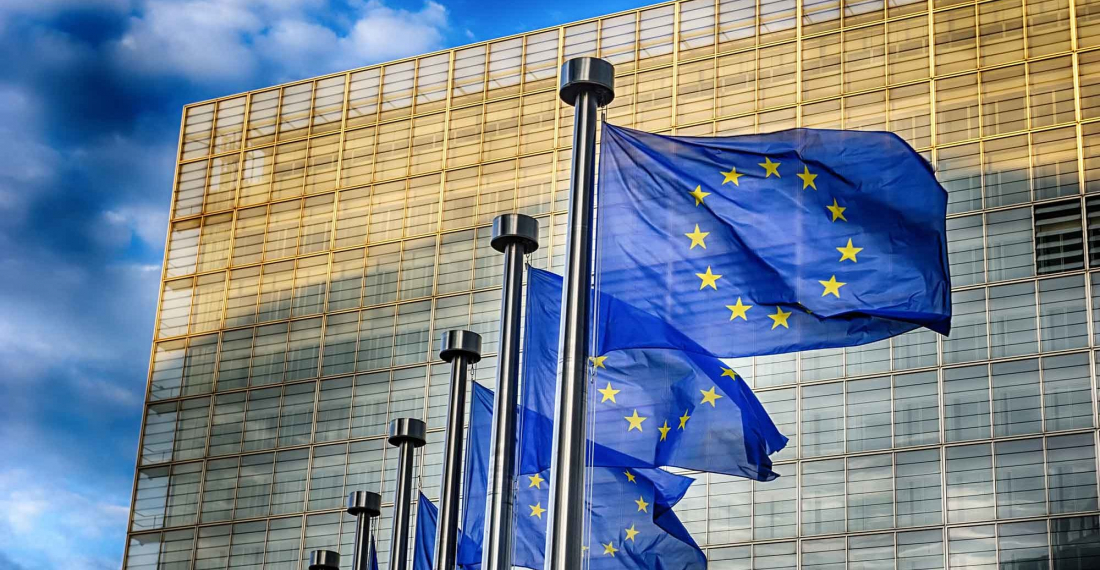The European Commission has taken the first step towards using the fraught rule of law test against EU member states Poland and Hungary. This test could lead to EU subsidies being cut or stopped for both nations.
The commission sent a series of questions to Poland and Hungary on Friday (19 November) on areas of the rule of law it is concerned about. Poland is expected to explain whether Polish judges can still work independently and whether it still respects the authority of the Court of Justice of the European Union. Hungary can expect questions on the risk of corruption, conflicts of interest and abuses in public procurement.
The answers will enable the commission to determine whether EU subsidies to Poland and Hungary are at risk of going astray. The same applies to the tens of billions of euros from the EU COVID-19 Recovery Fund claimed by the two member states. The commission has still not approved their recovery plans, which were submitted in the spring.
Warsaw and Budapest have two months in which to respond to the questions.






